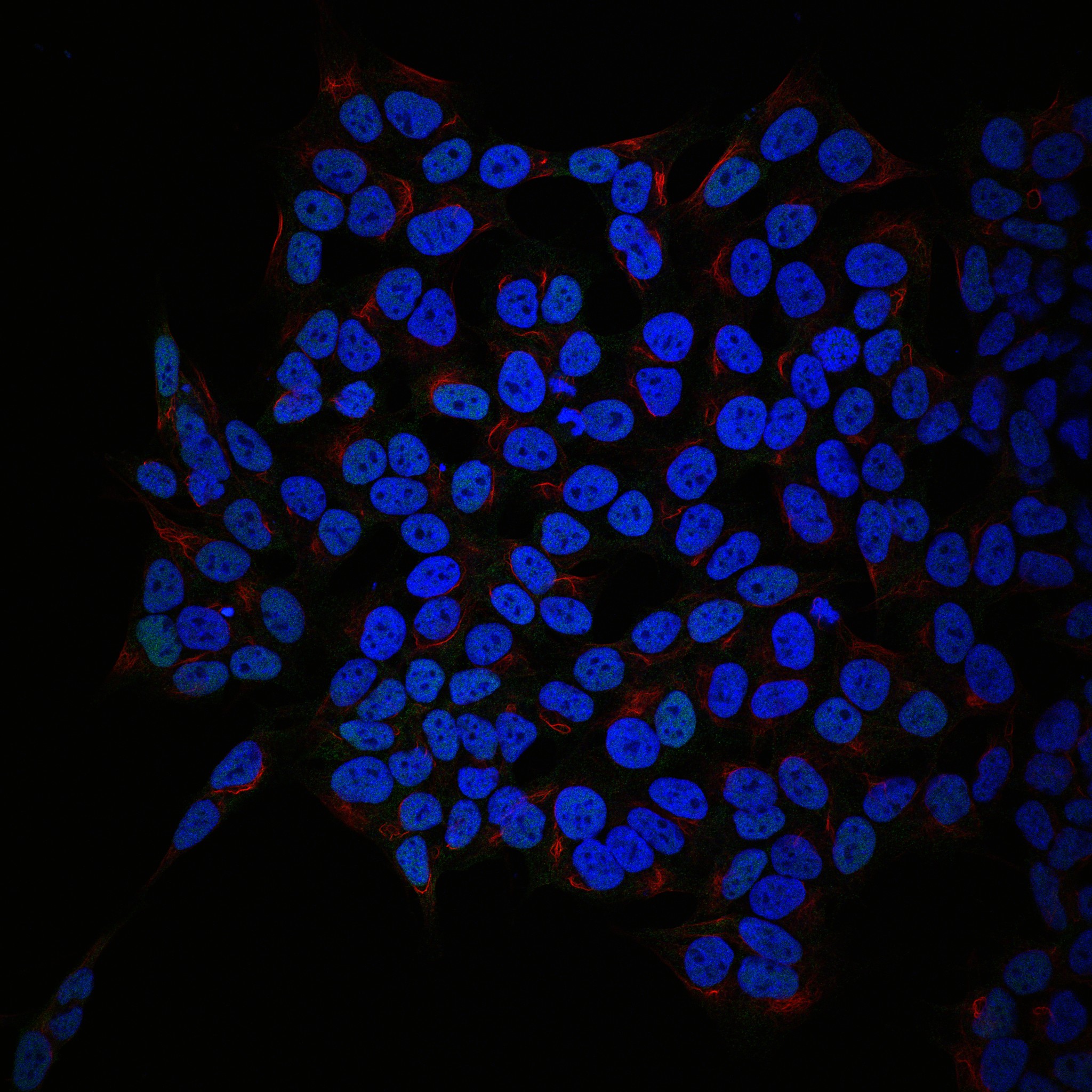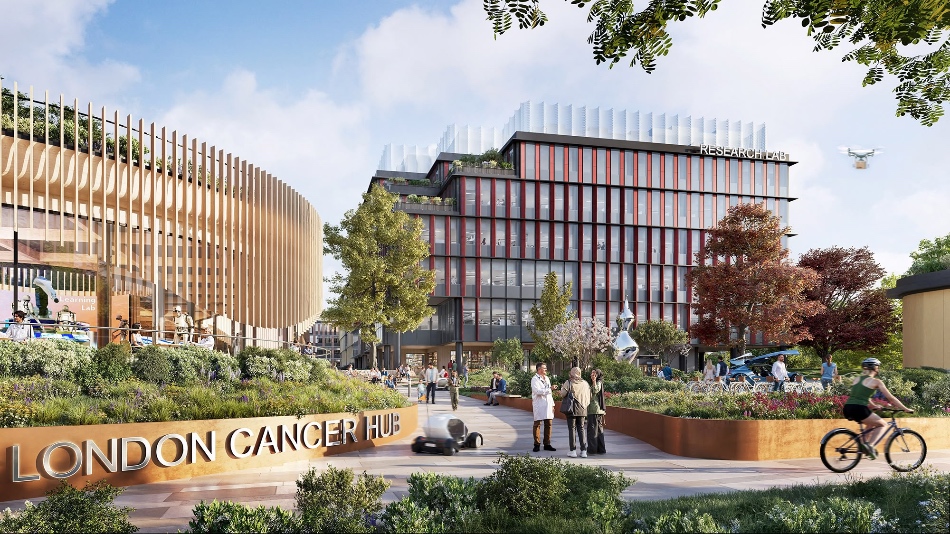Image theory, perception and processing course
Course dates
Registration for the 2026 course is now closed. Please check back for February 2027 course dates.
Venue
The Institute of Cancer Research, Chester Beatty Laboratories, 237 Fulham Road, London, SW3 6JB.
Course overview
The course is organised by the Joint Department of Physics of The Royal Marsden NHS Foundation Trust and The Institute of Cancer Research.
This is a one and a half day course which covers the underpinning mathematics of medical imaging, comprising image formation, image processing techniques, human visual perception and image display techniques including three-dimensional methods. The course has been extended to cover machine learning and AI imaging applications, including practical exercises which demonstrate the AI/ML concepts introduced in the lectures.
The material in this course is generally applicable to all types of imaging systems. Illustrations and examples from medical imaging will be used throughout including ultrasound, nuclear medicine, MRI, and x-ray CT.
The course is aimed at individuals who are undertaking formal training in medical physics. As well as being suitable for new entrants to the medical physics profession, it would also be of benefit to post-graduate students, post-doctoral research workers, representatives of allied commercial organisations and anyone wishing to deepen or re-establish their understanding of the mathematical techniques underpinning medical image formation, display and processing.
This is a CPD course approved by IPEM.
This course is currently undergoing its annual review by the European Board for Accreditation in Medical Physics (EBAMP). Accreditation will be reconfirmed upon completion of the evaluation process.
Provisional lecture list
- Fundamentals of imaging
- Perception and interpretation of medical images
- Three-dimensional image display
- Image processing techniques
- Deep learning fundamentals
- Responsible AI
- Generative AI
- Practical exercises
Registration & Course fees
Downloadable Registration Form (PDF)
All current course registration fees are given on our registration form.
The cost includes lunches and light refreshments. Electronic copies of the presentations and a certificate of attendance are provided.
You will be allocated a place on receipt of a completed registration form and a valid quoted payment reference/purchase order or online payment. We are unable to accept provisional bookings.
The number of participants is limited, so early booking is advised. Applications from outside the UK are welcome.
Closing date for registrations: TBC.
Related documents
Contacts
Course Organiser: Dr Jamie Dormand
For registration details and any other queries contact:
Course Administrator: Mrs Jessica Keegan

Latest ICR News

New research reveals how subtle genetic differences shape neuroblastoma behaviour

New study shows promise for more reliable imaging of an important tumour characteristic

ICR appoints global business leader as new Trustee
